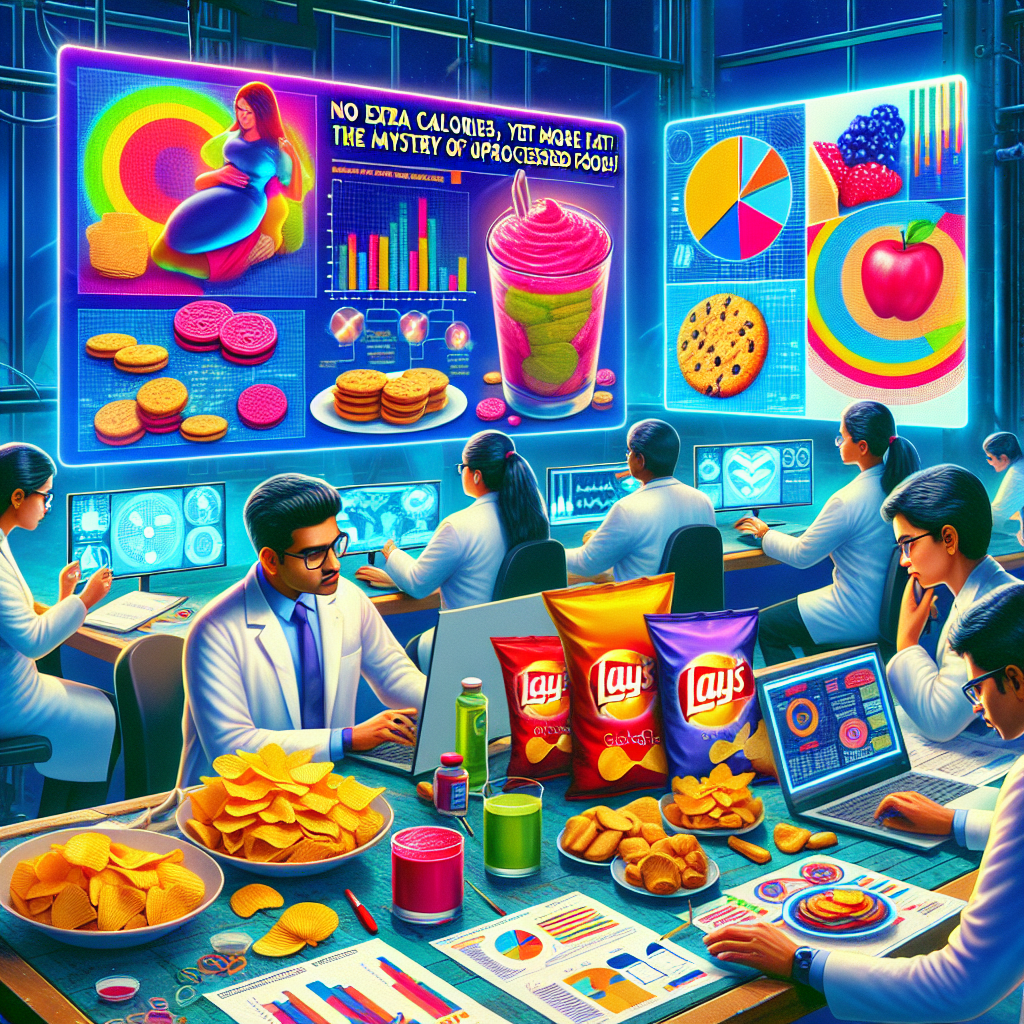Impact of Ultra-Processed Diet on Men's Hormonal Health

Understanding the Effects of an Ultra-Processed Diet on Men's Hormonal Health
Introduction
Recent studies have brought to light the concerning effects of ultra-processed diets on men's hormonal health. The diet, rich in industralized food products, has been linked to significant hormonal disruptions that could impact reproductive health.
Key Findings
- Increase in Phthalate Levels: Men consuming an ultra-processed diet have shown a worrying rise in the hormone-disrupting phthalate, cxMINP. This compound, commonly found in plastics, raises concerns regarding its effects on men's health.
- Decrease in Critical Hormones: Participants on this diet exhibited notable decreases in testosterone and follicle-stimulating hormone (FSH) levels. These hormones are vital for sperm production, indicating potential fertility issues.
Implications for Health
The implications of these findings are significant:
- Fertility Concerns: Lower levels of testosterone and FSH could lead to decreased fertility, affecting men's ability to conceive.
- Hormonal Disruptions: The increase in phthalate cxMINP presents a broader concern about how everyday dietary choices interact with hormone regulation.
Conclusion
Men should be aware of the potential risks associated with ultra-processed diets, especially in relation to hormone health. Prioritizing whole foods and minimizing exposure to harmful substances like phthalates is essential for maintaining hormonal balance and supporting overall fertility.
Call to Action
To safeguard your health and maintain optimal hormonal levels, consider a diet rich in whole, unprocessed foods, reducing exposure to potential endocrine disruptors found in processed items.
